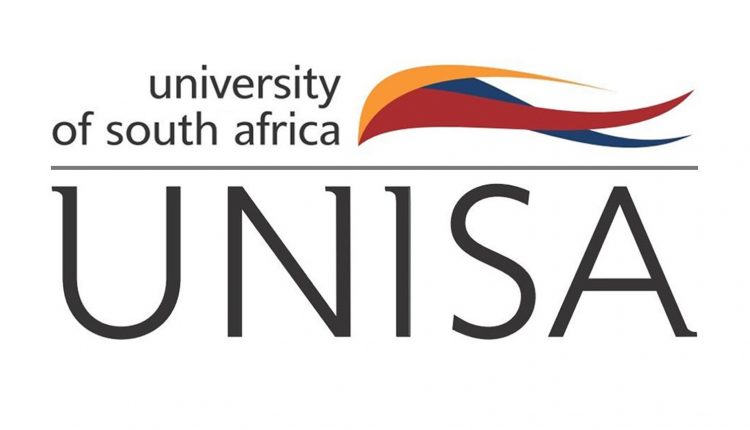University of South Africa scholar honored for outstanding inventions
An expert passionate about top-notch inventions that address South Africa’s energy crisis, Professor Lukas Snyman says: “Applying knowledge and using the country’s natural resources such as solar and thermal energy satisfy me.” Snyman, of Unisa College of Science, Engineering and Technology’s (CSET’s) Institute for Nanotechnology and Water Sustainability (iNanoWS), received the Recognition for Intellectual Property (IP) Applications at Unisa’s 12th annual Research and Innovation (R&I) Awards held in April.
Snyman has published more than 100 scientific journal articles. He remarks that he aims to bring some of his fundamental knowledge to commercially viable products and job creation in South Africa. He adds: “I am exhilarated to receive this award, as I was regarding previous awards; they are great achievements.”
Snyman started his career in physics and mathematics, then moved to engineering. He notes that he is now involved in technology transfer and entrepreneurship in South Africa. “Lately, especially in my previous term as the Director of CSET’s School of Engineering, I strived to identify possible applications of research and new products in the country,” says Snyman. He adds: “These are mainly in photovoltaic technology (solar panels), wind energy, harvesting thermal energy through water technologies, and transforming it to electricity. Therefore, sensors, electronics and automation technology are essential for these ventures.”
Grateful for the support, Snyman acknowledges the university’s iNanoWS, Department of Electrical Engineering (DEE), and Department of Innovation, Technology Transfer and Commercialisation for providing platforms to conduct research. “This enables us to empower undergraduate (second and third year) and postgraduate students by involving them in such programmes.”
Converting harvested thermal energy into electricity
Reflecting on impactful highlights
Snyman has a C3 National Research Foundation rating. His areas of specialisation are in physical processes (thermal and optical), opto-electronics, nano- and micro-electronics, and electronic control system development. In 2018, Snyman, his DEE team and students invented the Thermal Energy RoofTop solar system that collects, stores and harnesses sun rays for household heating. The invention successfully went through the South African patenting process, paving the way for commercialisation of a low-cost system that households can use to generate hot water.
Removing salt, minerals and bacteria from contaminated water
In 2022, Snyman and his students (who performed most of the construction work) created four new working-product prototype systems and demonstrated them to the public. “These included cleaning drinking water from Escherichia coli bacteria, and removing salt from sea and borehole water using membranes and solar energy at low cost,” explains Snyman. “Additionally,” he continues, “they included developing a novel thermal energy harvesting system for South Africa’s households, and converting thermal energy to electricity.”
Snyman states that they have attracted about R2.2 million grants per annum from external sources for this research. He adds that, so far, they have filled 15 IP disclosures at Unisa, some of which enabled them to obtain local and international grant patents. Passionate Snyman says he is currently setting up a few small start-up companies in South Africa.
Snyman remarks that he is pleased to be selected as one of four panel members from CSET to visit the High Expertise Centre on Innovation and Entrepreneurship in China, so he will be leaving soon to work there for a while.

